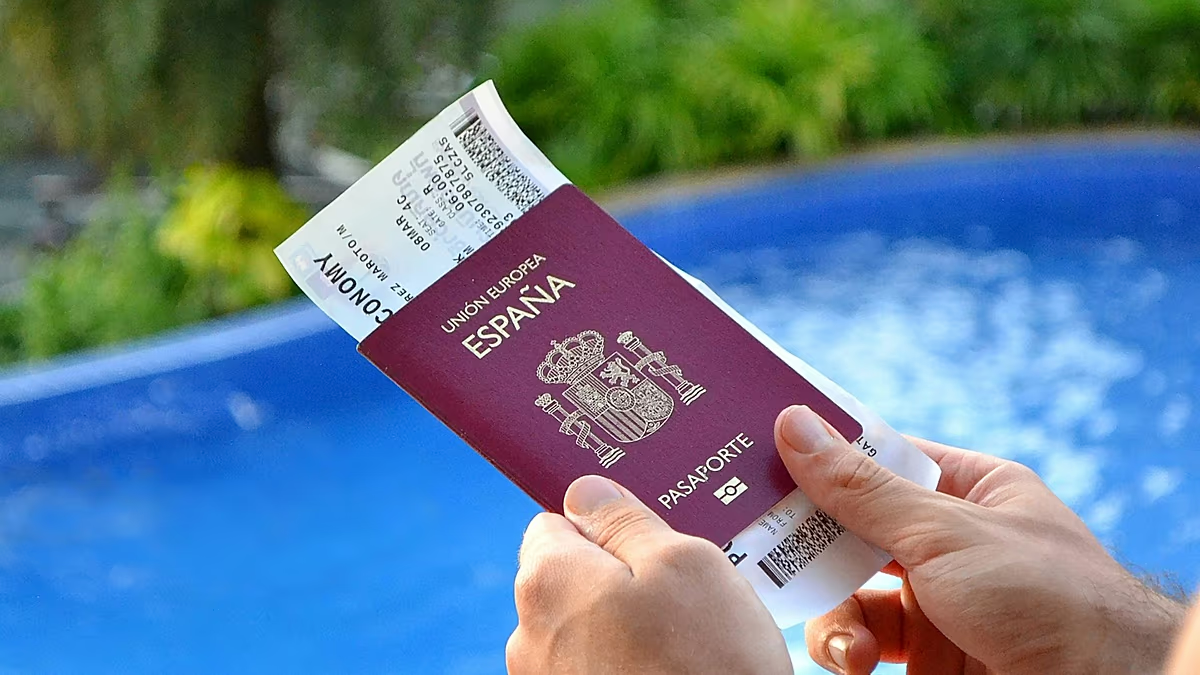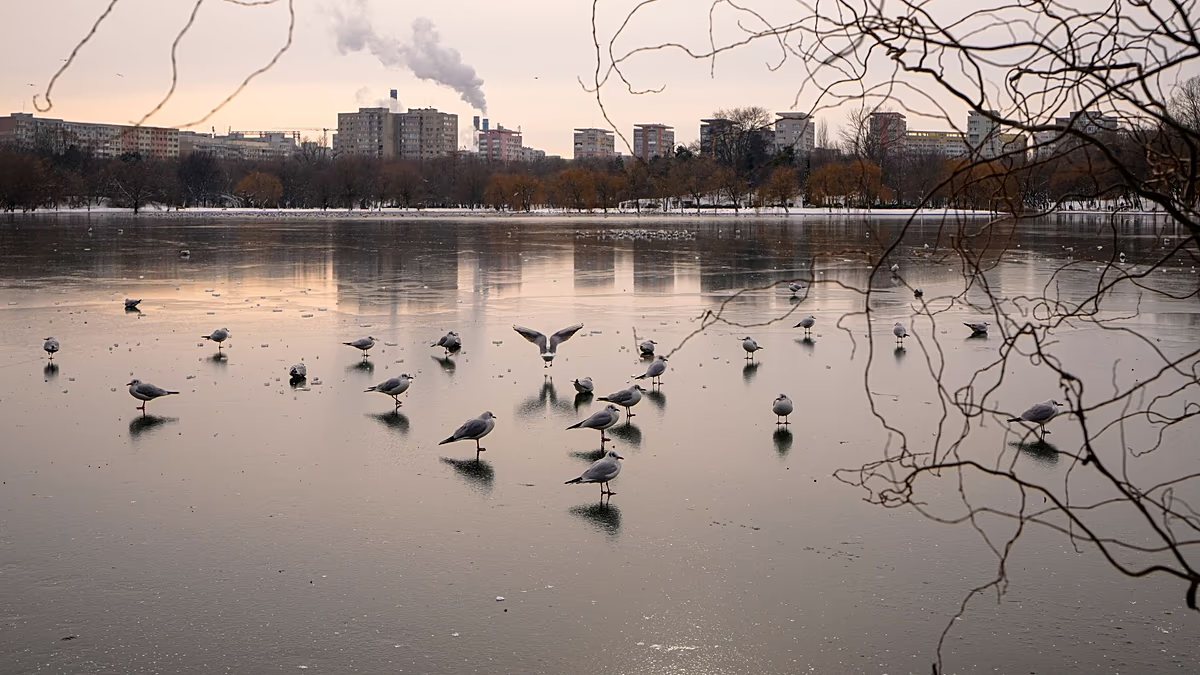The Changing Landscape of Expat Life: Europe Falls Behind as Asia and Latin America Rise
In a world where borders are increasingly fluid, the choice of where to settle as an expatriate can significantly impact one’s quality of life. Each year, InterNations, a global community dedicated to people living and working abroad, conducts an extensive survey capturing the experiences of tens of thousands of expats across dozens of countries. The 2025 rankings reveal a striking trend: traditional European expat havens are losing their appeal, while Asian and Latin American destinations are ascending in popularity. This shift paints a fascinating picture of changing global dynamics and evolving expat priorities that go beyond simple economics to encompass lifestyle, culture, and overall happiness.
The most notable development in the 2025 rankings is the dominance of Latin American countries, which claimed all three top spots. Panama, Colombia, and Mexico have emerged as expat paradises, distinguished primarily by their warm, welcoming cultures and vibrant social scenes. These countries excel in what InterNations calls the “ease of settling in index,” suggesting that human connection and cultural integration are powerful factors in expat satisfaction. Interestingly, these destinations have become particularly attractive to retirees, with at least 25 percent of expats in these countries having already retired—more than double the global average of 11 percent. This suggests that Latin American countries offer not just friendly faces but also the lifestyle amenities and cost structures that appeal to those seeking to enjoy their golden years abroad. The combination of affordability, community, and quality of life seems to create an irresistible draw for those looking to relocate.
Half of the top ten positions in the rankings now belong to Asian countries, marking a significant shift in global expat preferences. Thailand (4th), Vietnam (5th), China (6th), Indonesia (8th), and Malaysia (10th) share several common advantages that have propelled them upward in the rankings. Financial considerations stand out prominently, with all five countries ranking in the top ten for personal finance satisfaction. Housing emerges as another consistent strength across these Asian destinations, with expats reporting both affordability and availability—a stark contrast to the housing crises plaguing many Western nations. However, these countries show considerable variation in other areas, particularly in the quality of life index, which ranges from China’s impressive 6th place to Indonesia’s concerning 40th position. Despite these discrepancies, expats in these Asian countries generally report high levels of happiness, with Malaysia being the only exception at a still-respectable 15th place in the happiness rankings.
Europe’s decline in the expat rankings is perhaps the most striking revelation of the survey, with six European nations appearing in the bottom ten: Germany (42nd), Finland (43rd), United Kingdom (41st), Norway (39th), Sweden (38th), and Italy (37th). Spain stands as the lone European success story, securing 9th place overall thanks primarily to its first-place ranking in the quality of life subcategory—a position it has held since 2022. Expats in Spain praise the Mediterranean climate, rich cultural offerings, vibrant nightlife, and abundant recreational opportunities. Healthcare in Spain receives particular acclaim, with over 80 percent of respondents highlighting its affordability, accessibility, and quality. The country’s public transportation system also earns high marks for being both affordable and widely available, while pedestrian and cycling infrastructure contribute to overall mobility satisfaction. However, even Spain’s stellar performance is hampered by poor rankings in career prospects (34th) and mediocre scores in administrative ease and housing affordability (both 26th), suggesting that the European lifestyle comes with significant trade-offs.
The struggles of European countries in the rankings reflect a complex interplay of factors that differ somewhat by region. The Nordic countries (Finland, Norway, and Sweden) present a particular paradox: while they offer excellent environmental conditions, ranking in the top ten for climate and environment, expats report significant difficulties integrating socially, with all three countries landing in the bottom ten for ease of settling in. Meanwhile, countries like Italy and Germany face different challenges, with expats struggling particularly with bureaucracy, digitalization, and administrative hurdles. The United Kingdom presents yet another variant of European expat dissatisfaction, performing relatively well in essentials but faltering dramatically when it comes to personal finances, housing costs, and medical expenses. What unites most of these European destinations, however, is a common thread of unhappiness—all except Italy rank in the bottom ten for expat happiness with their lives abroad, suggesting that the vaunted European quality of life may not translate well to the expat experience.
The very bottom of the rankings reveals additional insights into what makes expat life challenging, with South Korea (44th), Türkiye (45th), and Kuwait (46th) occupying the final positions. These countries share particular deficiencies in work culture and professional satisfaction, all ranking in the bottom ten of the working abroad index and claiming the bottom three spots specifically for work culture and satisfaction. This underscores the importance of professional environment and workplace dynamics in overall expat happiness. When considered alongside the broader trends in the rankings, a pattern emerges: successful expat destinations tend to combine affordability with social warmth, while struggling destinations often feature high costs, social isolation, bureaucratic hurdles, or challenging work environments. As global mobility continues to increase and remote work opens new possibilities for location independence, these findings suggest that countries hoping to attract international talent and expat communities would do well to focus not just on economic opportunities but on creating welcoming, administratively efficient environments where newcomers can build fulfilling lives without excessive financial strain.









